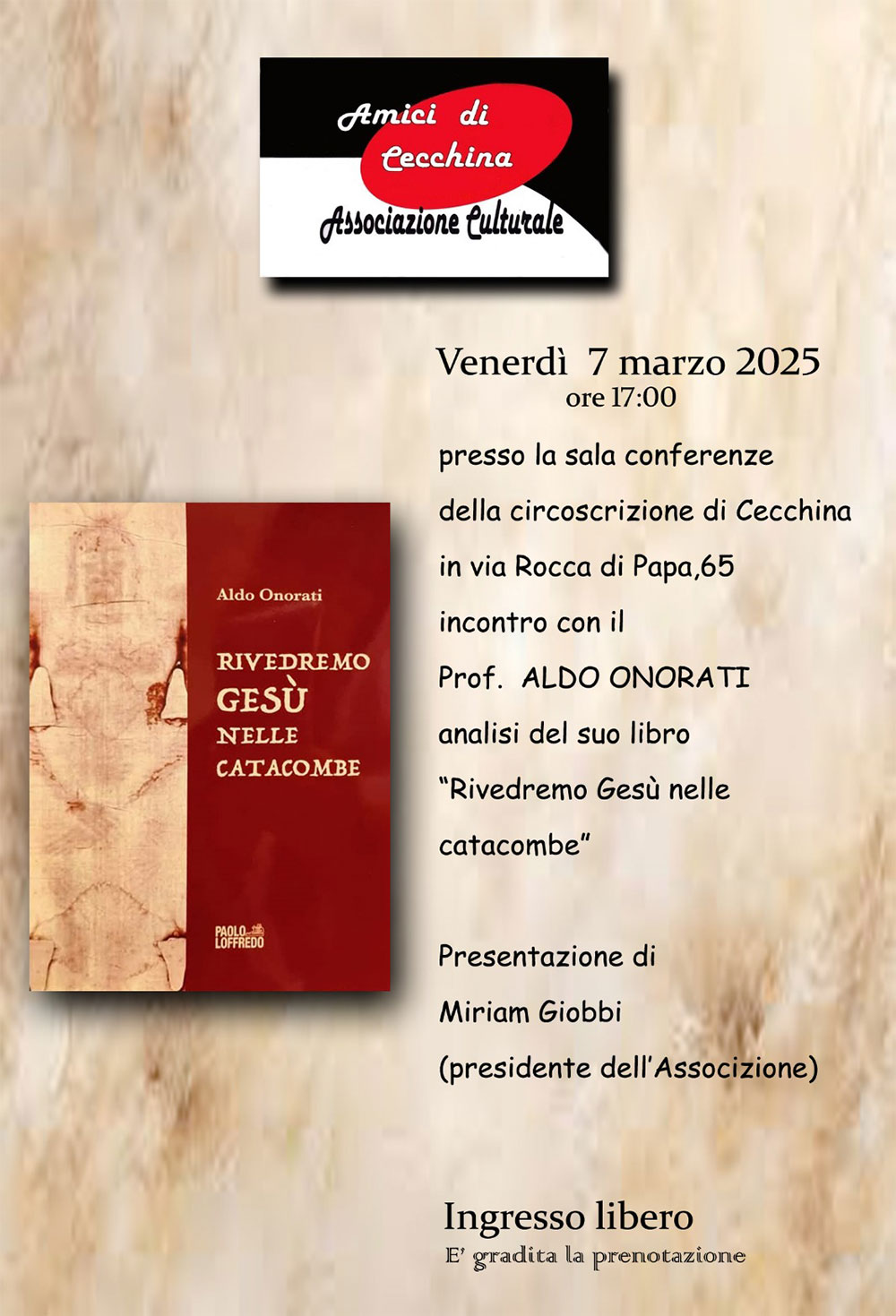 Paolo Loffredo, sixth generation of a large family of publishers and booksellers engaged in the production and distribution of books since the late nineteenth century, creates in 2012 the new editorial company Paolo Loffredo Editore. The historical site was until the '80s in the heart of the historic centre of Naples in Via San Biagio dei Librai, lower Decumano and also known as the SpaccaNapoli.
Paolo Loffredo, sixth generation of a large family of publishers and booksellers engaged in the production and distribution of books since the late nineteenth century, creates in 2012 the new editorial company Paolo Loffredo Editore. The historical site was until the '80s in the heart of the historic centre of Naples in Via San Biagio dei Librai, lower Decumano and also known as the SpaccaNapoli.
At the beginning of the twentieth century, Giuseppe Loffredo decided to add book selling to the book production, which definitively imposed itself after World War II with the publication of manuals for the University and for the School that succeeded in establishing themselves soon throughout Italy.
LAST EVENT
"Rivedremo Gesù nelle catacombe"
07 Marzo 2025 - Sala Conferenze circoscrizione di Cecchina - via Rocca di Papa 65, Albano Laziale (RM) - ore 17,00

Verborum violis multicoloribus
ISSN: 2611-1411
Language: Latin, Italian
Publisher: Paolo Loffredo Editore Srl

Description
Book preview
Review by Bryn Mawr Classical Review
Review by Classica VOX 3/2021
Review on ATHENAEUM 1/2023 by Silvia Condorelli - Marco Onorato
Verborum violis multicoloribus. Studi in onore di Giovanni Cupaiuolo
The volume gathers the essays of 28 authoritative specialists, celebrating Giovanni Cupaiuolo’s academic career and the scientific activity. He was professor of Latin Literature at the University of Messina and is currently directing the magazine “Bollettino di studi latini” and the series “Studi Latini”. Many of the contributors are part of the research of the dedicatee (archaich Latin theater; Secena; late antique literature, the modern reception of the ancient; literary expression related to real life), but there are also stimulating incursion into other areas (epic didactic, poetry from the Augustan age; historiography; declamatory literature; Christian literature; history of the university), as a multicolored homage by friends, colleagues and students.



